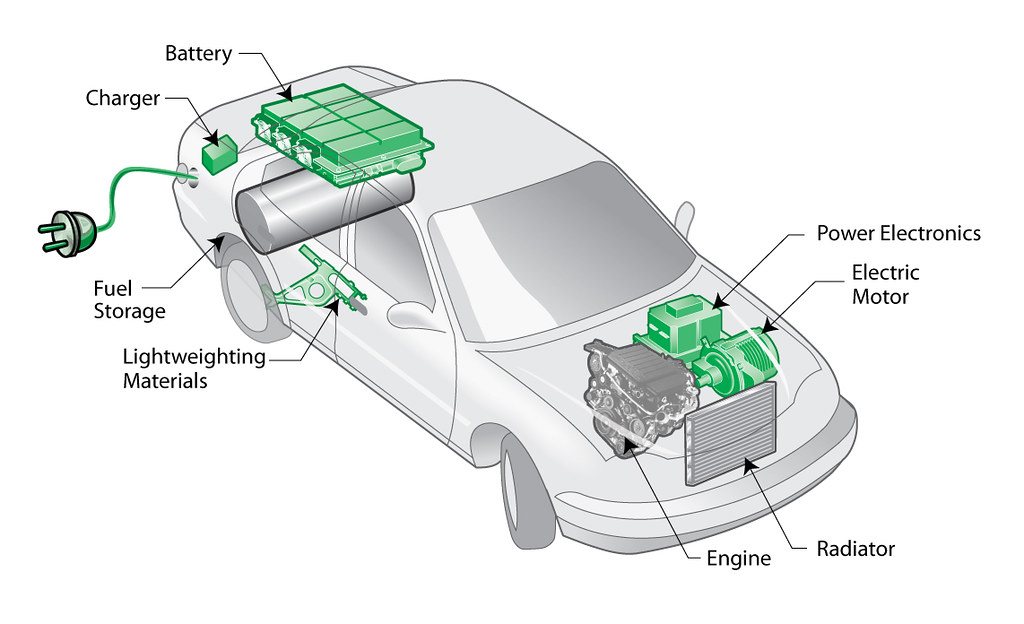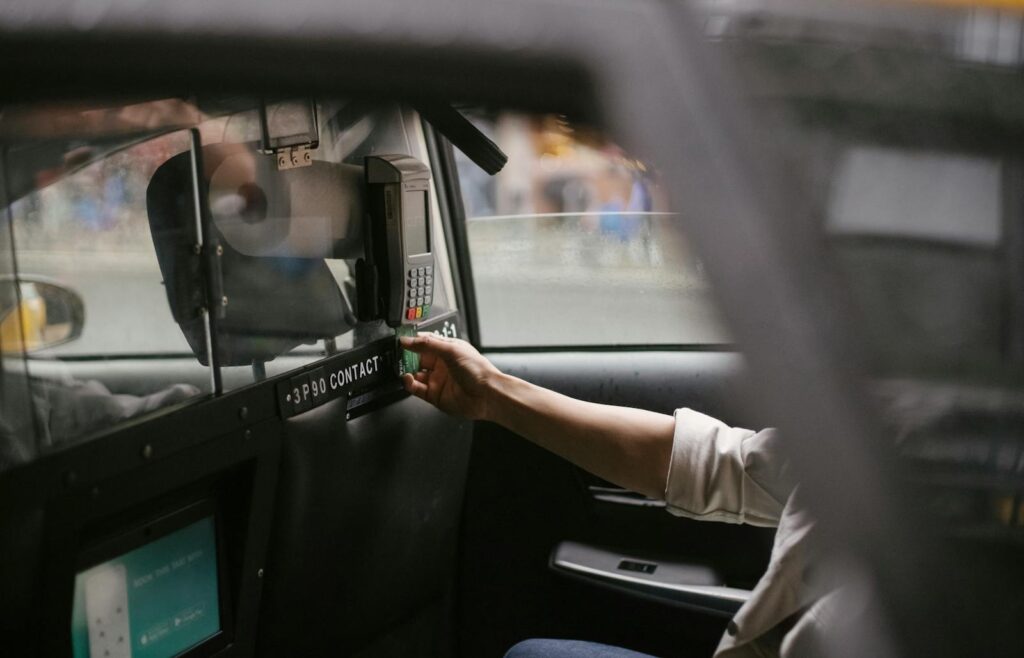In the bustling streets of St. Louis, Darlene Wilson’s unexpected transition from an SUV to a Tesla has sparked more than just a change in her driving habits—it’s emblematic of a national conversation that’s electrifying the political landscape. As Wilson, a busy mom and Airbnb manager, navigates the roads with her kids entertained by the Tesla’s display screen, she represents a growing number of Americans who are considering the switch to electric vehicles (EVs) for practical, economic reasons. ‘We love it. And I didn’t think we were going to,’ Wilson admits, highlighting the cost-effectiveness of EVs over traditional gas guzzlers.

But what seems like a straightforward choice for consumers like Wilson has become a political battleground, with President Joe Biden and former President Donald Trump driving the discourse. Biden’s administration is steering the country towards a greener future with new emission standards and incentives for EV adoption, while Trump gears up to put the brakes on this shift, citing concerns over American jobs and industry.
The stakes are high as the U.S. races to meet the Paris Climate Accords’ goals and mitigate the impacts of climate change. With about 4.5 million plug-in hybrids and EVs already on American roads, the transition is underway, albeit with resistance. California leads the charge, housing approximately one-third of the nation’s EVs, while the rest of the country accelerates at varying speeds.
The Biden administration’s latest rules, which aim to have the majority of new vehicles sold be electric or hybrid within eight years, are a testament to this commitment. However, the road to an EV-dominated landscape is fraught with challenges, including concerns over vehicle costs, charging times, and infrastructure.
To combat these issues, Biden’s team is offering tax breaks for American-made EVs and investing in a network of rapid-charging stations. Industry groups acknowledge the necessity of this shift but emphasize the need for a gradual transition that allows infrastructure and supply chains to catch up.
On the other side of the spectrum, Trump’s fiery rhetoric against EVs and the new regulations reflects a deeper cultural clash. His message that supporters of ‘all electric car lunacy’ should ‘rot in Hell’ fuels the flames of a debate that’s become as much about identity and ideology as it is about transportation.
The environmental implications of this shift are clear: the transportation sector is the largest producer of carbon dioxide emissions in the U.S., and a move towards EVs could significantly reduce this footprint. Yet, the path to widespread adoption is littered with ‘range anxiety’ and political potholes.
For Tesla driver Topher Clark, the politicization of environmental stewardship is baffling. ‘There’s nothing political about keeping your house clean,’ he argues, stressing the importance of individual efforts to combat climate change.
The debate over EVs extends beyond environmental concerns, touching on economic and geopolitical tensions. Critics point to the reliance on China for EV batteries and the potential job losses in traditional auto manufacturing. The America First Policy Institute warns of significant job cuts, while the United Auto Workers union has shown support for Biden’s pro-EV stance. As the nation grapples with this new front in the culture wars, the conversation around EVs is charged with emotion and ideology. For accidental Tesla enthusiast Wilson, the choice is simple: ‘We want to buy one now,’ she says, a sentiment that may soon resonate with more Americans as the journey towards an electric future continues.





